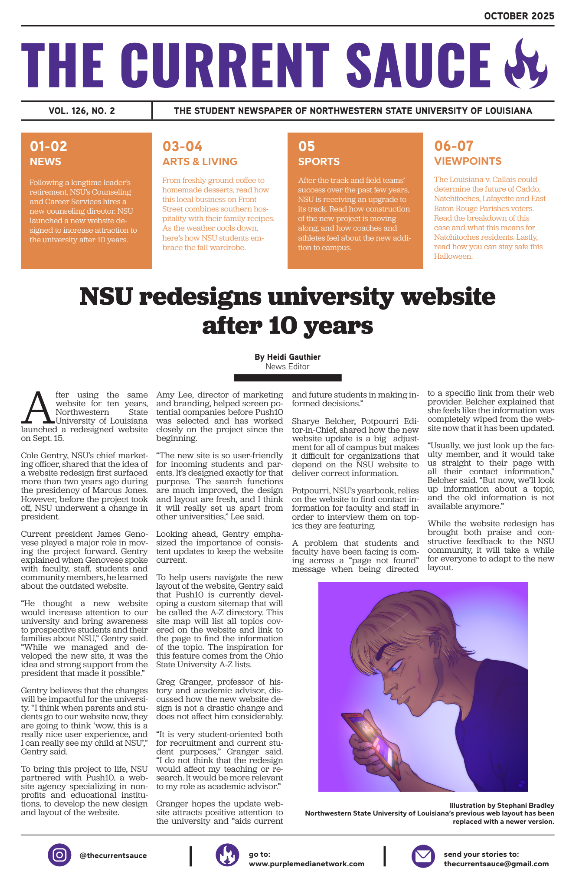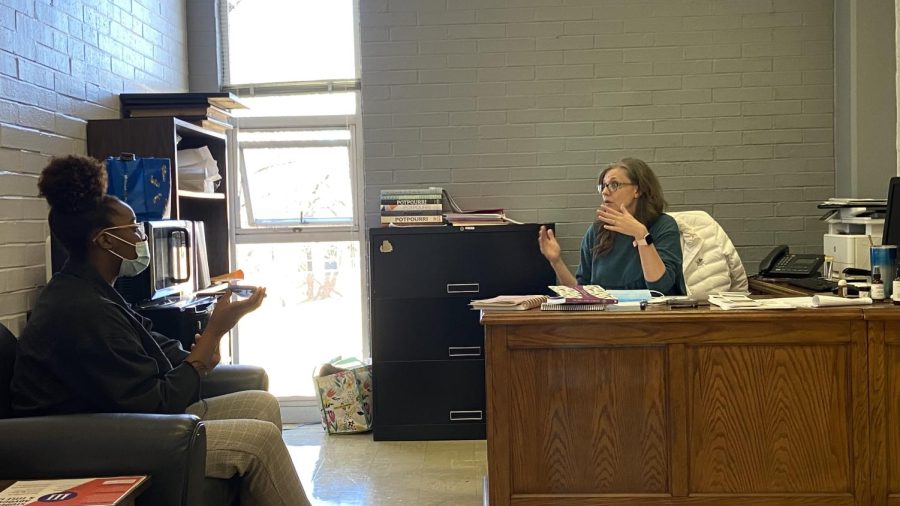What you need to know about Title XI
Christie Price, Title IX Coordinator at Northwestern State University of Louisiana, noted Title IX obligations affect anything from recruiting, athletics, admissions, counseling and financial assistance.
Richard Nixon, the 37th President of the United States, signed Title IX of the Education Amendments into law in 1972. In the span of 50 years, Title IX protected students from sex-based discrimination while attending educational programs.
Although Title IX has been available for five decades, some students at Northwestern State University of Louisiana are not aware of the law.
Kendall Fowler, a sophomore math education major, said it is not properly advertised.
“I am somewhat aware of Title XI,” Fowler said. “It could be advertised better about how to go about reporting sexual harassment.”
Matthew Sheridan, a senior social work major, said he has no clue on how to report a complaint.
Christie Price, Title IX Coordinator at Northwestern State University of Louisiana, said Title IX information is accessible.
“It is in the student handbook, under the student code of conduct,” Price said.
Price said Title IX requires schools to take reports seriously.
“When a formal report comes to my office, I’m required by law to look into it,” Price said.
Price said a report often leads to an investigation.
“I’d bring the complainant and the respondent, to get both sides of the story,” Price said. “Then I’ll determine if I need to go through the formal process.”
Price said recipients that receive federal funding must abide by Title IX rules. Price noted Title IX obligations affect anything from recruiting, athletics, admissions, counseling and financial assistance.
“It encompasses any type of sexual harassment or sexual assault that a student may face, or even an employee may face while on campus,” Price said.
Price said students have various ways of reporting Title IX incidences.
“Students can report through the reporting link found on the MyNSU dashboard,” Price said. “Or by reporting to me, Roni Biscoe or University Police.”



























